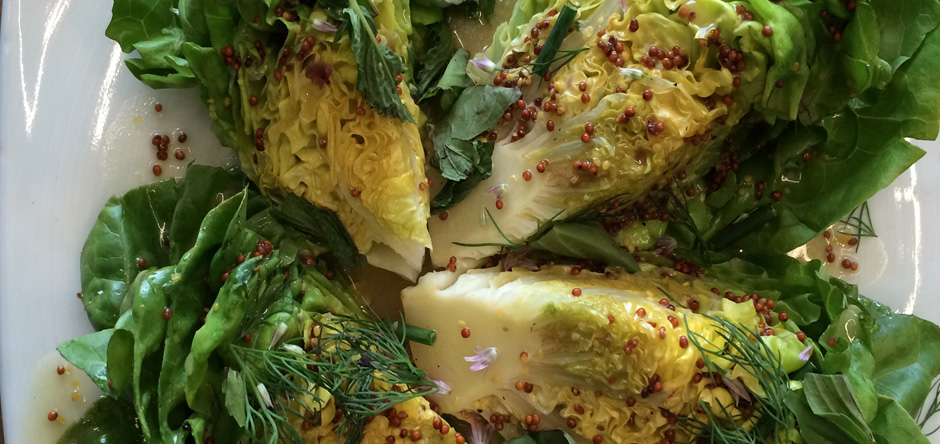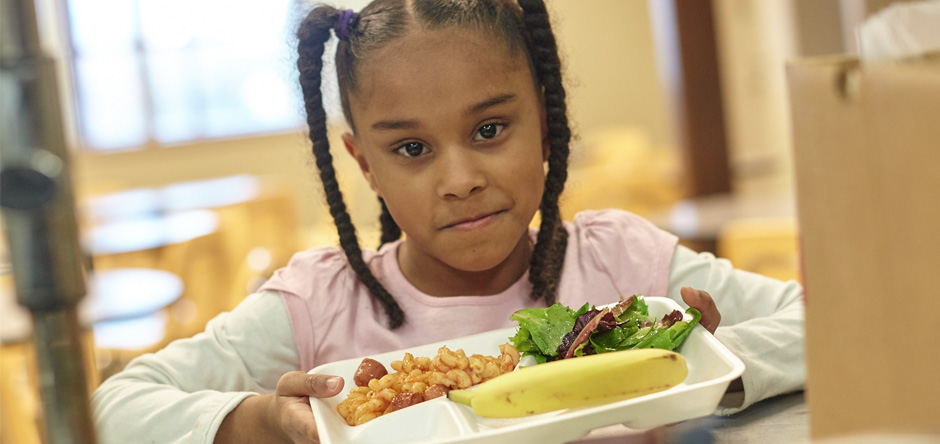Photographs by Reese Alvarez.
A growing trend in restaurants over the last several years has been the farm-to-table model, but for some of the most seasoned chefs in Fairfield and Westchester counties the term is a catchphrase for what they have been doing all along — caring about the food they serve and the people who produce it.
“Although ‘farm to table’ is a relatively new trend, I know no other way,” Robert Ubaldo, chef and owner of Farmer’s Table, writes on his menu.
Ubaldo opened his first Farmer’s Table restaurant in New Canaan in 2010 with the idea that he would sell the produce he grows on his property in Pound Ridge as well as the ethically grown pork and poultry products from his brother John’s farm in Cambridge, N.Y.
“I originally started doing this, because it was the quality of the food I was having a hard time with,” he says. “When we opened that place we didn’t call it a farm to table, other people did.”
In a few years, several other restaurants with a focus on locally sourced and ethically grown food cropped up in New Canaan and, in May 2014, Ubaldo moved his business down the street to a larger location to meet demand.
From regional food purveyors increasing their stocks of small-scale and sustainable food to corporations such as Taco Bell and McDonalds taking steps to remove additives and antibiotics from their products, Ubaldo sees not a suburban trend but a new standard for the future of food — albeit one that is not always easy to maintain in the Northeast.
“During the winter, it is really hard, but you can mitigate,” Ubaldo says. “There are hothouses in upstate New York that sell everything from tomatoes to lettuce year-round.”
Still, he adds, farm to table is here to stay.
“I think it may get even more prevalent. It is just going to be the norm.”
The words “farm to table” or the like do not appear on any of the menus in Bill Taibe’s Westport restaurants, Le Farm, The Whelk and the soon-to-open Kawa Ni.
“Farm to table was cool before anyone used those words,” he says. “It just seems natural to use the best product from someone who got it out of the ground or quickest after slaughter. That is naturally as a chef how I found myself creating a relationship with those people.”
Enter the next phase of the sustainable food evolution, transforming what began as a business trend into a movement of community building.
“Ten years ago, farmer-chef relationships were hard, hard to cultivate,” said chef Eric Gabrynowicz, co-owner of Restaurant North in Armonk. “Now it is a completely different ball game, because we realize how much we need each other and how alike we are. We care about the same things.”
When one of Gabrynowicz and co-owner Stephen Mancini’s main farmers, Mimi Edelman of I & Me Farms in Bedford Hills, was devastated by Hurricane Sandy, they struck a deal to pay her in advance to help support her the next season.
“You have to have a relationship with your farmers,” Gabrynowicz says. “They put the integrity into the product. I just cook it.”
Taibe, Gabrynowicz and Mancini opened their restaurants in 2009 and 2010 and since then all have expanded the values of clean and sustainable food that drive their relationships with their farmers and guests to the broader community.
In addition to co-founding CropUp, an online marketplace that works to centralize and streamline the buying process between restaurants and farmers, Taibe serves on the board of the Westport Farmers’ Market, for which he does fundraising and operates an internship program for Weston High School students through his restaurants.
Gabrynowicz and Mancini have expanded their civic focus nationally, recently lobbying in Washington, D.C., for the No Kid Hungry campaign to end child hunger and participating in a nutritional education program for inner-city children in New York.
This fall the pair have plans to incorporate their own nonprofit, which will commit a portion of the proceeds from their restaurants to fight child hunger.
“It’s not about how much money we can make, it’s about how can we change things and make better systems, better entertain people and be better in our community,” Taibe says. “It’s still a weak and very tender and fragile system, but it is going in the right direction and my hope is we eliminate the tag ‘farm to fork’ and it just becomes the way we cook.”





